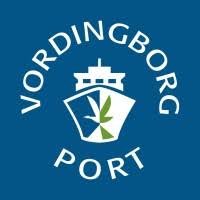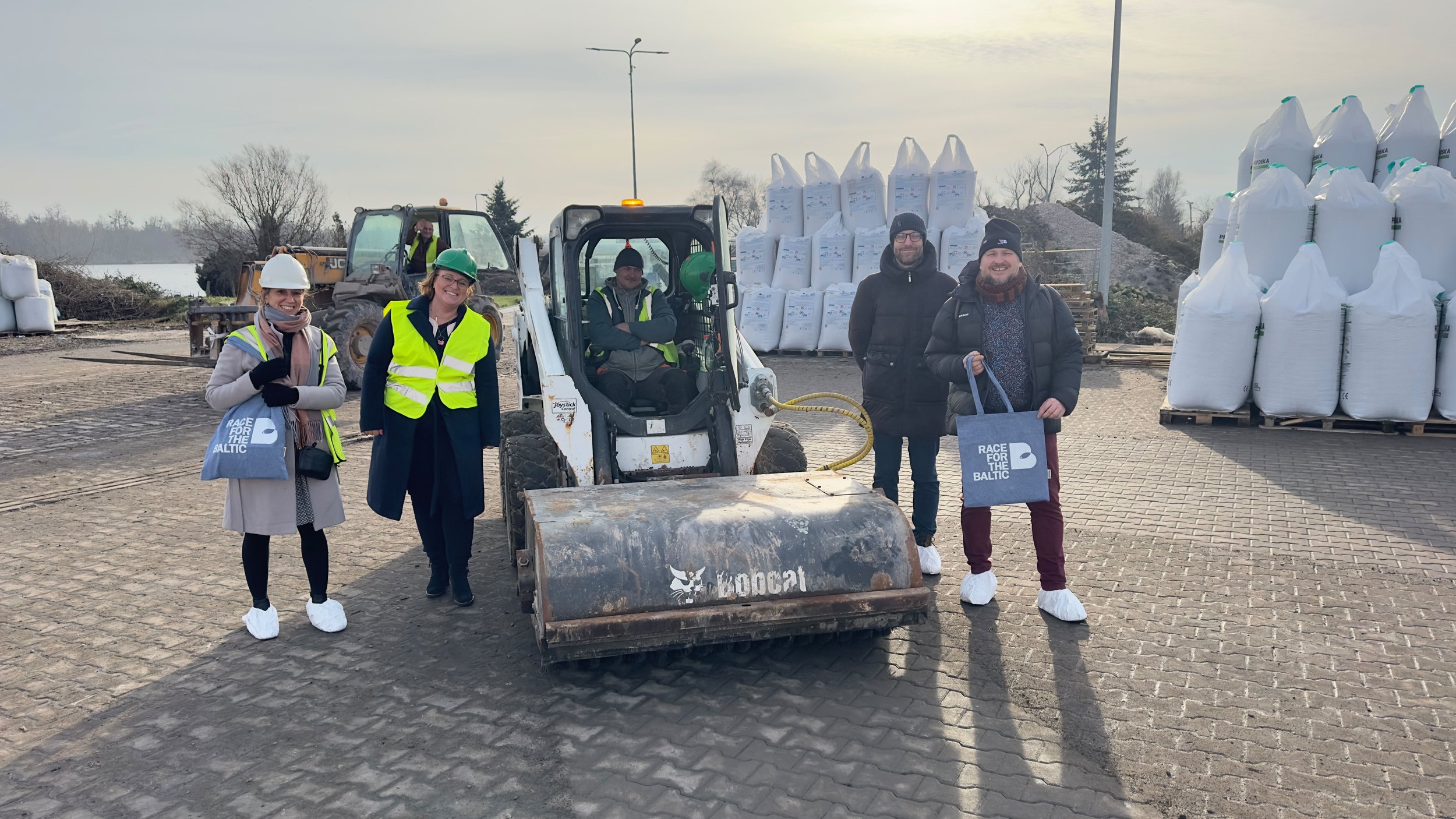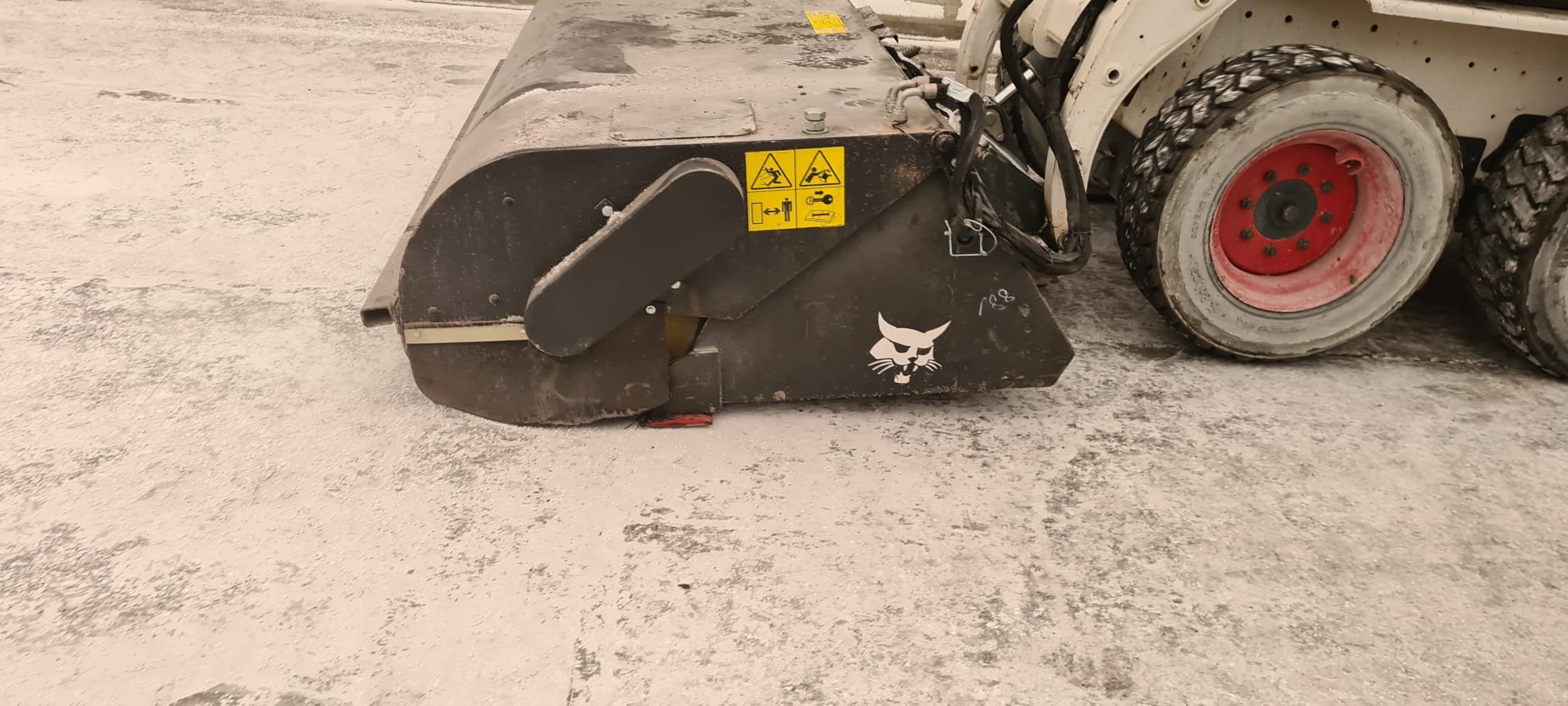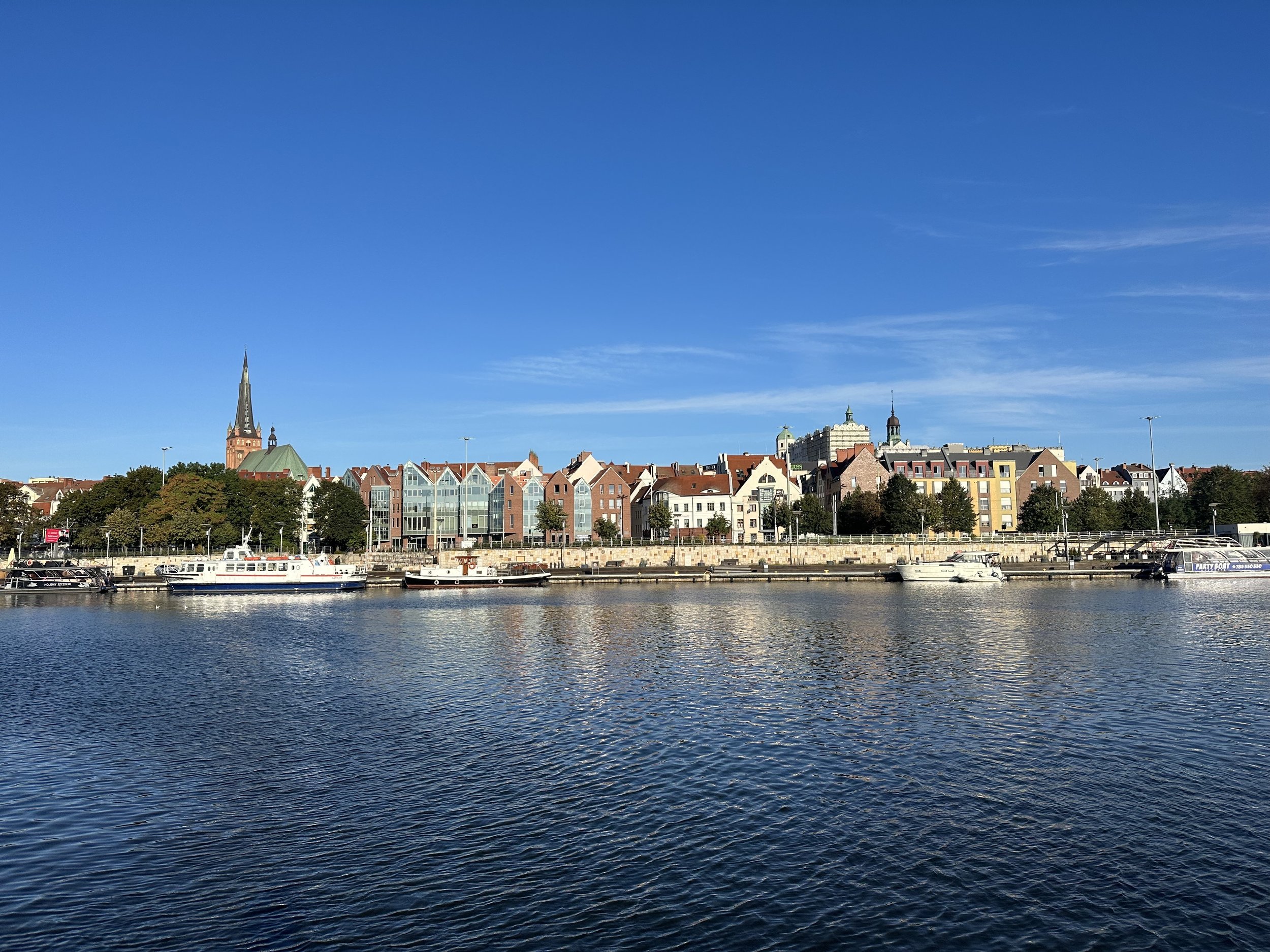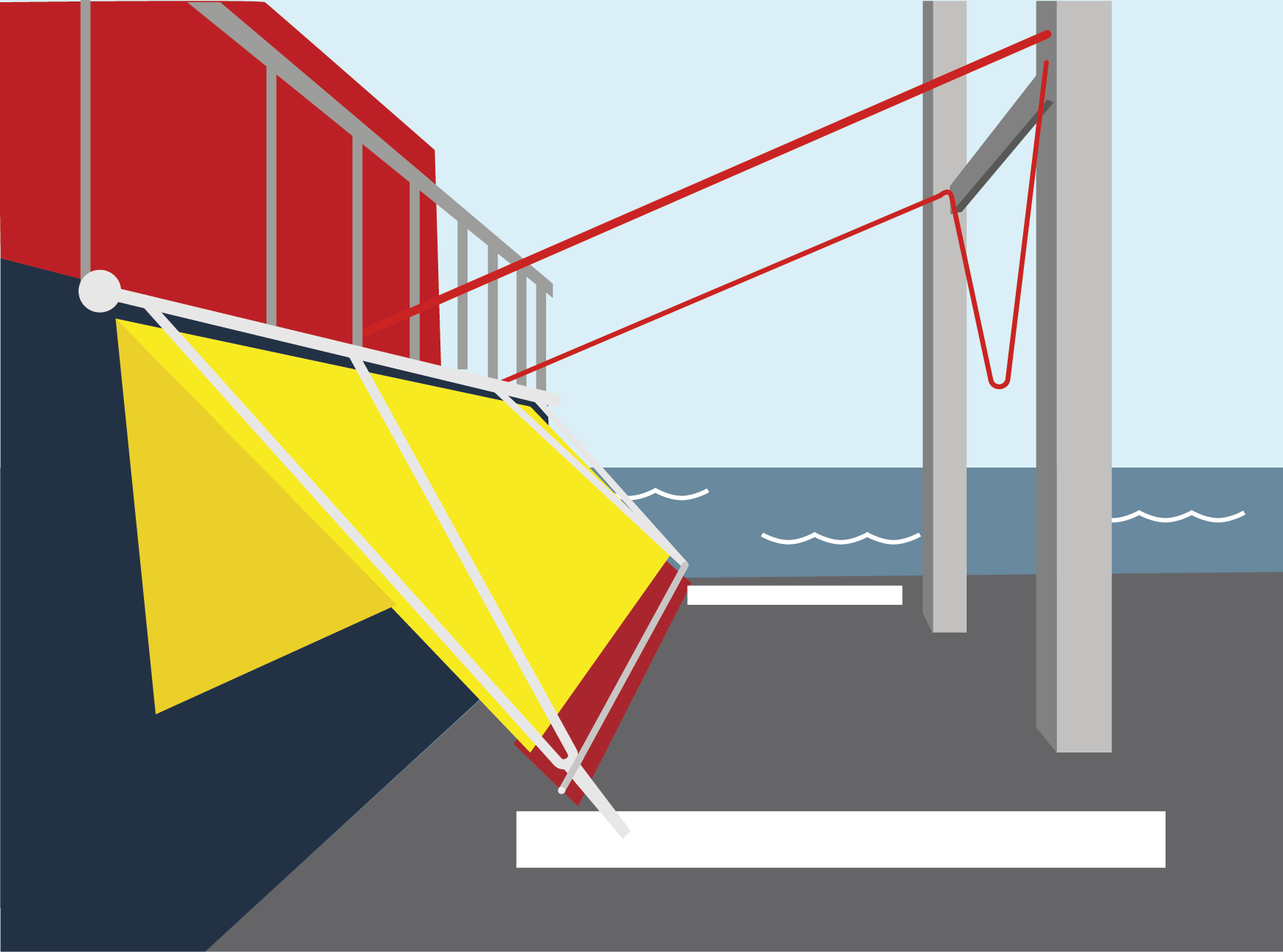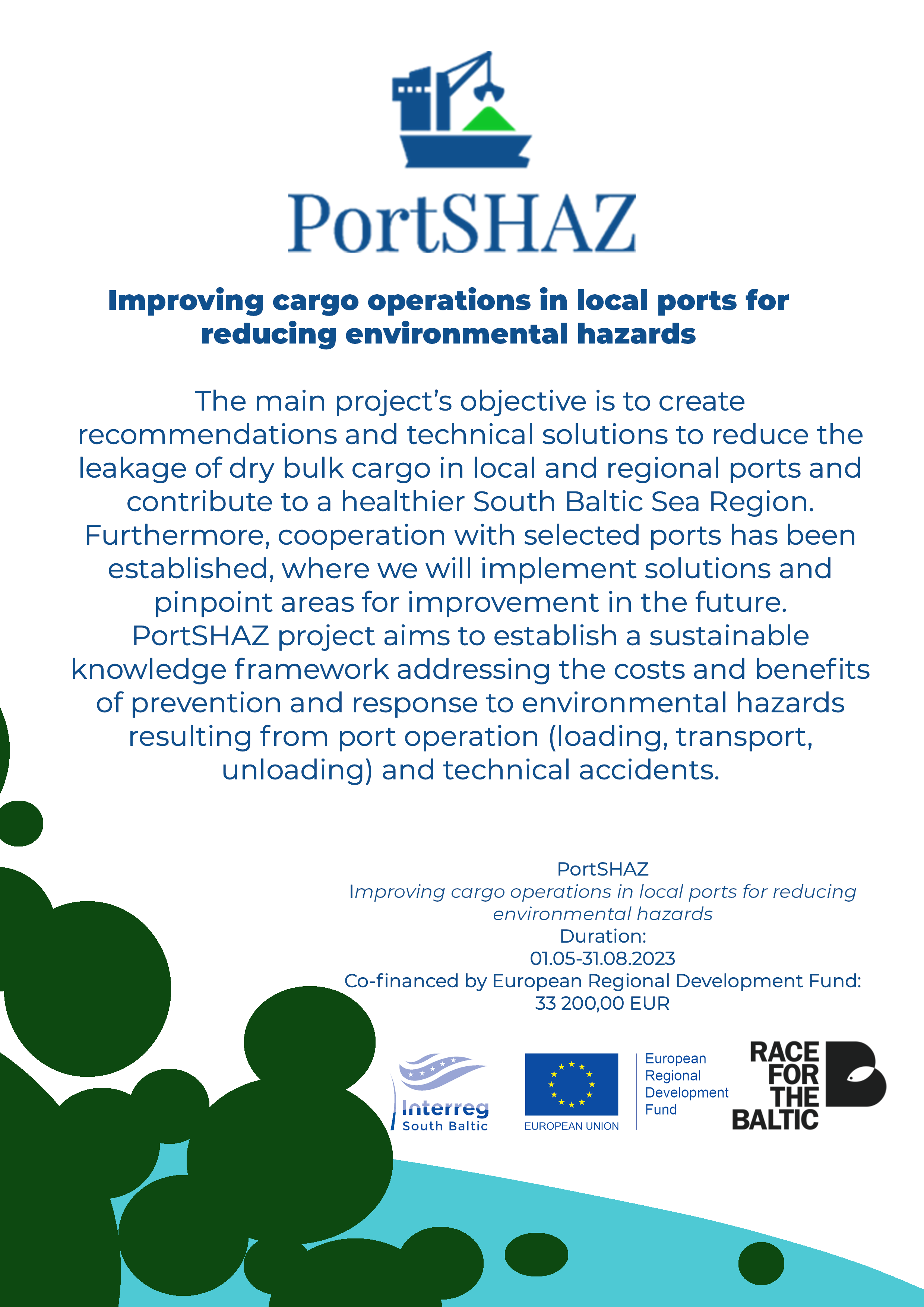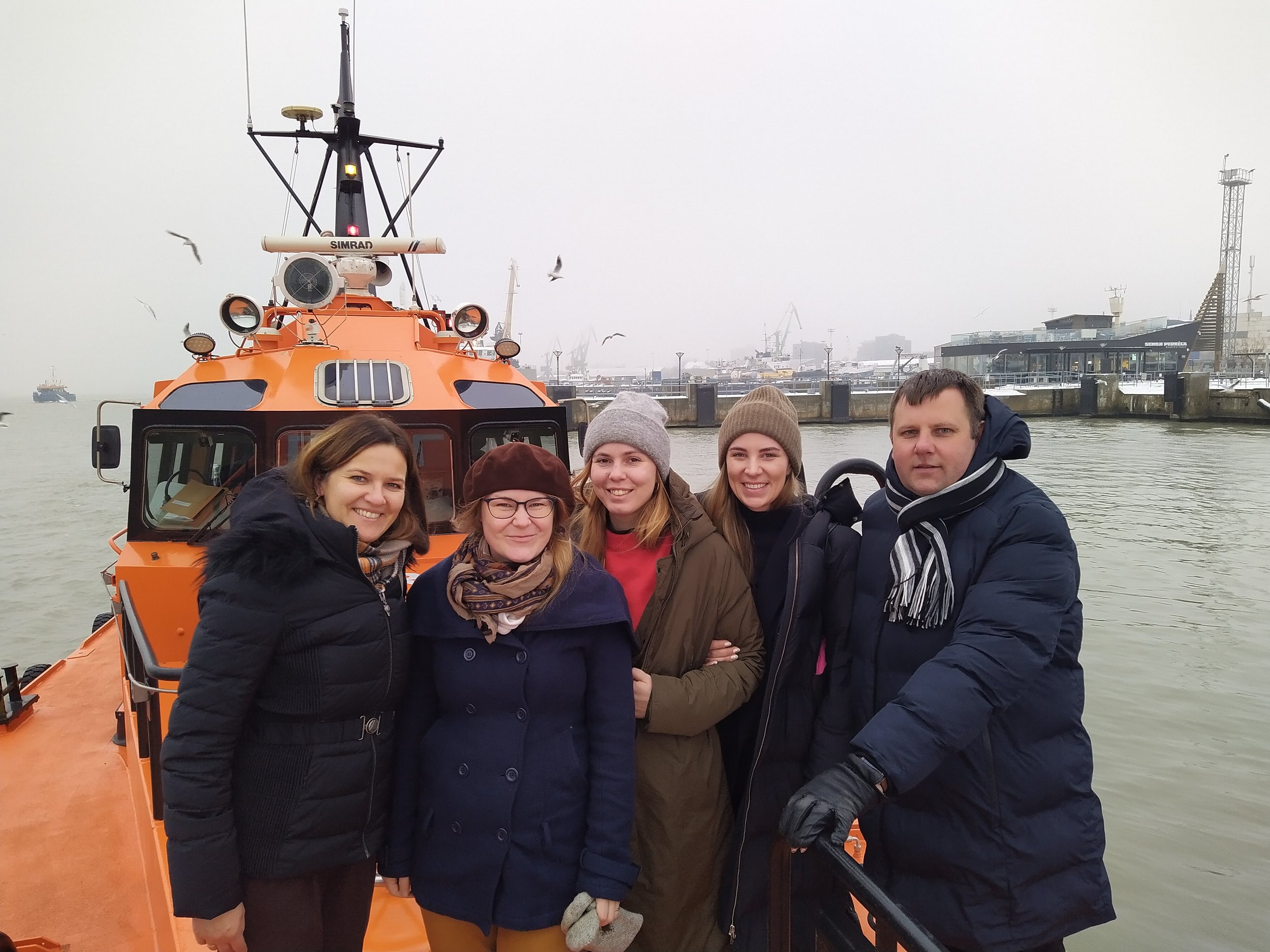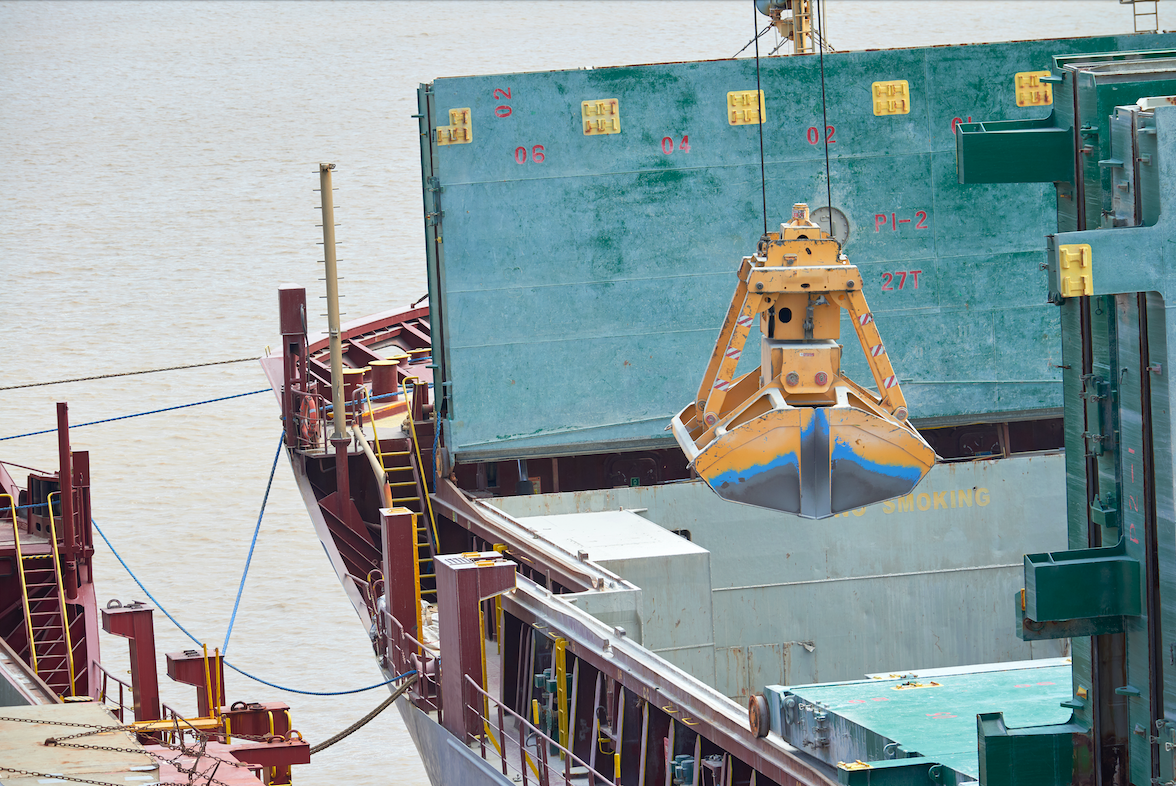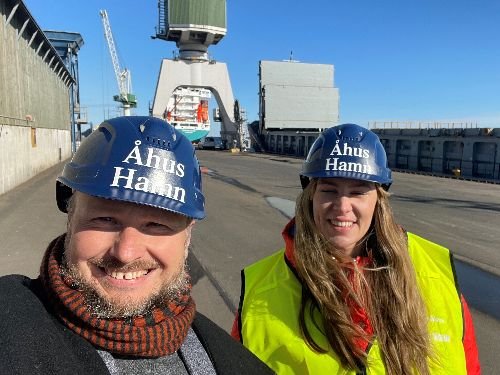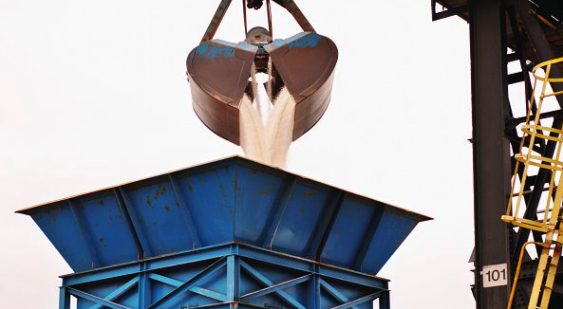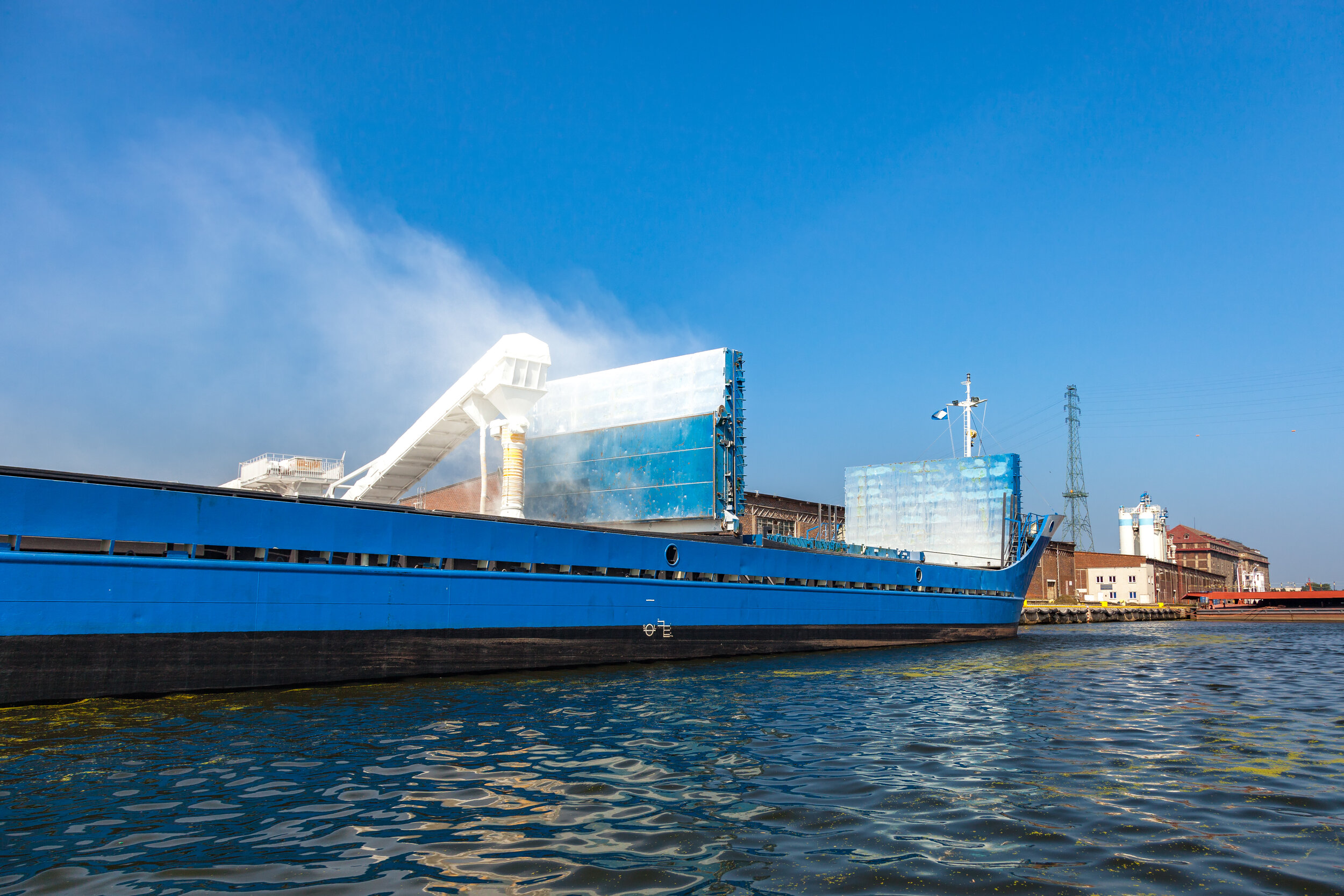
Port
Reducing leakages of nutrients in ports
The handling of dry bulk fertilizers and phosphates in ports is a significant source of nutrient leakage to the Baltic Sea. The unloading, loading, transport and storage of dry bulk fertilizer and phosphates in ports is an overlooked, but significant contributor to the inflow of nutrients to the Baltic Sea. Some reports even indicate that potentially thousands of tonnes of fertilizer could be leaked out into the Baltic Sea every year.
Together with different stakeholders such as ports, terminals, equipment dealers, public authorities, maritime administration, environmental experts and producers of fertilizers, the project aims to collect the best available practices for minimising the leakage of dry bulk fertilizer when handled in ports. Together with selected ports around the Baltic, the project has found areas of improvement and implement cost-effective solutions to prevent leakage of nutrients.
With help from our partner Boston Consulting Group, we have put together the business case “Reducing discharge of nutrients at ports” which is a hands-on tool defining the leakage spots for fertilizer in dry bulk when unloading and loading. The business case also displays the return on investment possible by upgrading equipment in ports and implementing other cost-effective solutions to reduce the leakage. Download the business case here.
[1] Dry bulk cargo shipping - An overlooked threat to the environment? Grote et. al
Project Activities
• Financed cleaning equipment in three fertilizer\phosphates terminals
• Designed and implemented prevention covers in 7 fertilizer terminals(Sweden, Denmark and Poland)
• Organised a well-attended HELCOM workshop on BAP for dry bulk handling in ports, which is an action in Helcom’s Baltis Sea Action Plan
• Organised a roundtable for Polish ports and terminals together with maritime authorities to create a Catalogue of Best Practices and Technologies for Dy Bulk Handling (especially for fertilizers and phosphates)
• Participation on stage of largest maritime events in Poland
• Cooperation and dialogue with the ministry and maritime authorities in Poland
Status
The project is finished (2019-2024)
Project Goals
The project’s goal was to together with ports, terminals, equipment dealers, public authorities, maritime administration, environmental experts and producers of fertilizers, collect the best available practices in terms of minimising the leakage of dry bulk mineral fertilizer when handled in ports.
Achieved Results
• The project prevented a yearly reduction of 74 tonnes of phosphorus leaking into the Baltic Sea.
• Polish ports are on the way to implement our Catalogue into their internal rules and daily operations
• Sea terminals in Poland are more aware of the problem of eutrophication and in general of leakage of nutrients and it substantially influenced their daily operations
• Our guidelines affect the handling of fertilizer in Swedish ports as they are included in Vägledning Hamnar
• Action with regards to fertilizer handling is a part of the Helcom’s Baltic Sea Action Plan and BAT\BEP on dry bulk fertilizers (we significantly influenced the work in this area) will become a Helcom recommendations for all Helcom members
• We have presented to key players in the Baltic Port Organization on how to improve fertilizer handling
• The project pin-pointed areas of improvement and implemented concrete cost-effective solutions that prevented the leakage with Baltic Sea mineral fertilizer ports.
Project Partners
Fosfan, Baltic Stevedoring Company, Grupa Azoty Police (Sea Port Police), Venkon, Landskrona Port and Vordinborg Port
Sustainable Development Goals
The project adresses SDG 6 (clean water and sanitation), SDG 9 (industry, innovation and infrastructure), SDG 14 (life below water) and SDG 17 (partnership for the goals)
For more information about the Port project, please contact our Business Manager:
Grzegorz Olszewski
grzegorz(at)raceforthebaltic.com
Related news



